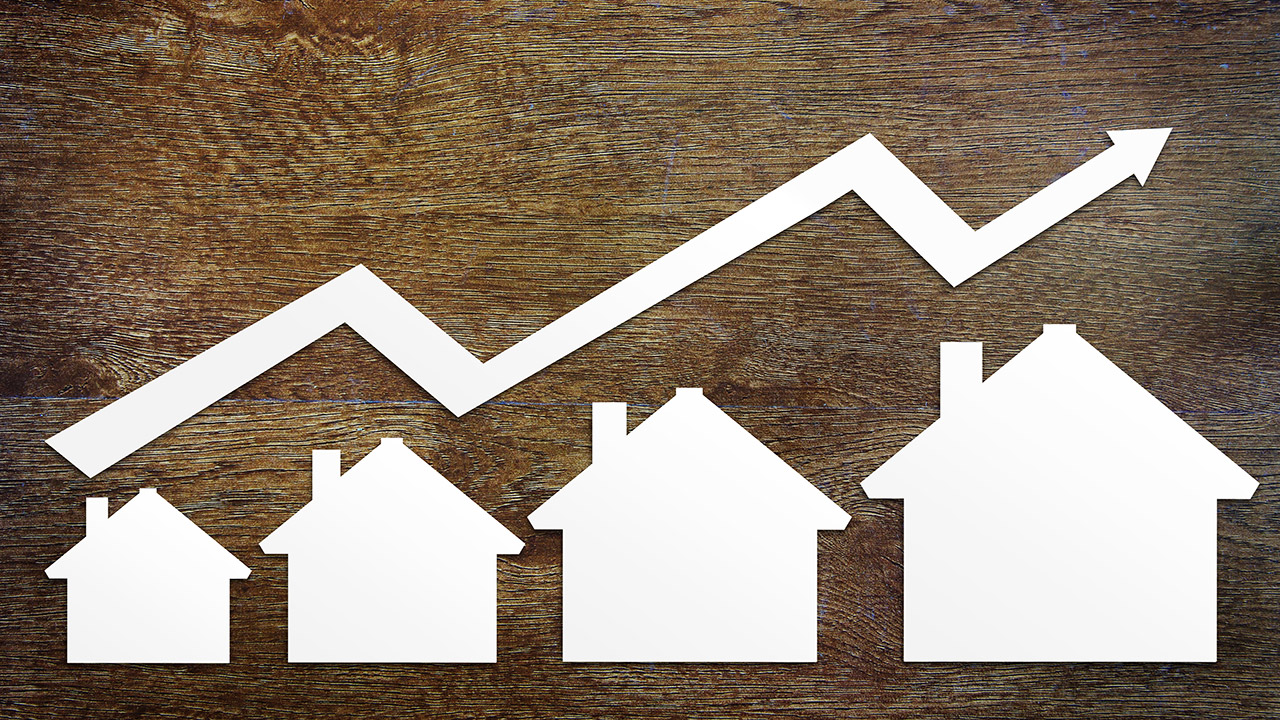Every seller wants to rake in as much money on the sale of their homes as possible. For this reason, it can be really enticing to list with a really high price in hopes of a buyer taking the bait.
The thing is, pricing your home too high can leave you with some costly consequences. Just because you’re asking for a certain price doesn’t mean you’re necessarily going to get it. Even if you genuinely believe that your home is worth exactly what you’re asking for it, that doesn’t mean buyers will feel the same.

In fact, your home is truly only worth what buyers are willing to pay for it. If you want to sell your home in a decent amount of time, you’ve got to price it according to what the market dictates.
Coming up with an appropriate listing price is a part of an overall marketing strategy to sell your home quickly and for the most amount of money. It’s not enough to arbitrarily come up with a random number. If you list way over what your home is really worth, be prepared to deal with any one of the following repercussions.
Buyers will totally miss your listing.
Real estate agents who are representing buyers will set up alerts that notify them when a new home that meets their criteria comes up on the market. The number of bedrooms, lot size, and price are all examples of the parameters that are plugged in. Your home may meet all the features that buyers might be looking for, but if it’s priced over their parameters, they’ll miss it.
If similar homes in your neighborhood recently sold for $300,000, for instance, then an accurate listing price according to these market conditions is exactly that. If you price your home for $350,000, buyers who are looking within the $275,000 to $315,000 will completely miss your listing and focus on those that are priced within reason according to the market.
In this case, pricing over the $315,000 mark will price your home out of the local market. If your home was priced properly, it would show up on buyers’ radars and ensure that your home is seen by all those who are looking for a home in your neighborhood.
You’ll miss out on the window of opportunity to sell in the early days.
The best time to attract buyers’ attention to your home is as soon as it hits the market. It’s during the first few days that sellers hold the power to attract buyers. Fresh new listings are typically the ones that will have buyers flocking to them, as long as the price is right. This really is the best time to sell.
If your home is priced too high, you’ll scare off buyers and even cause them to miss your listing altogether. In his case, you’ll be wasting all that precious time when the ball is in your court.
You won’t get any offers.
If you scare off buyers with a sky-high listing price, or price your home out of the current market altogether, the offers won’t be rolling in. In fact, you might actually be helping your neighbor’s home sell before yours. By listing too high, all you’re really doing is making all the other listings in the area with lower prices seem more attractive.
Even if buyers do get a glimpse of your home, they’ll likely turn their attention to the near-identical home that’s priced thousands of dollars less. You could be missing out on drawing the attention of qualified buyers who otherwise may have offered a decent price for your home and get it off the market sooner rather than later.
Your listing will get stale.
The longer your home sits on the market without an offer, the more it will be vulnerable to becoming ‘stale.’ Once your home has been on the market longer than the average listing, buyers will start to wonder if there’s something wrong with it. After all, if other homes in the area have been selling within 20 days, for instance, they’ll begin to wonder why yours has been lingering by day 40 without a bite.
By pricing your home too high, you’ll be putting yourself in a vulnerable position to have to drop your price at some point, and even have to settle for less than you would have hoped for.
When you do eventually have to drop the price, you’ll be more likely to get less for your home than you would have if you had offered a realistic price from the get-go.
Your home won’t be appraised at your listing price.
If you’re actually able to attract the attention of a willing buyer even with an over-priced listing, that doesn’t mean you’re in the clear just yet. Buyers will likely require financing, and part of that process involves an appraisal of the home. If the home is appraised much lower than what the buyer has agreed to pay for it, the lender may not agree to extend a home loan.
Lenders want to make sure that they’re protected should buyers default on their mortgage. If the mortgage is not approved based on an under-appraisal, the deal is dead, leaving you in a position to start the entire marketing process all over again.
The Bottom Line
Sure, it’s tempting to price your home as high as you think you can get away with, but it’s just not worth the risk. Instead, by being realistic and setting a price that’s in line with similar homes that have recently sold in your area, you’ll stand a better chance of getting the highest return at the end of the day.